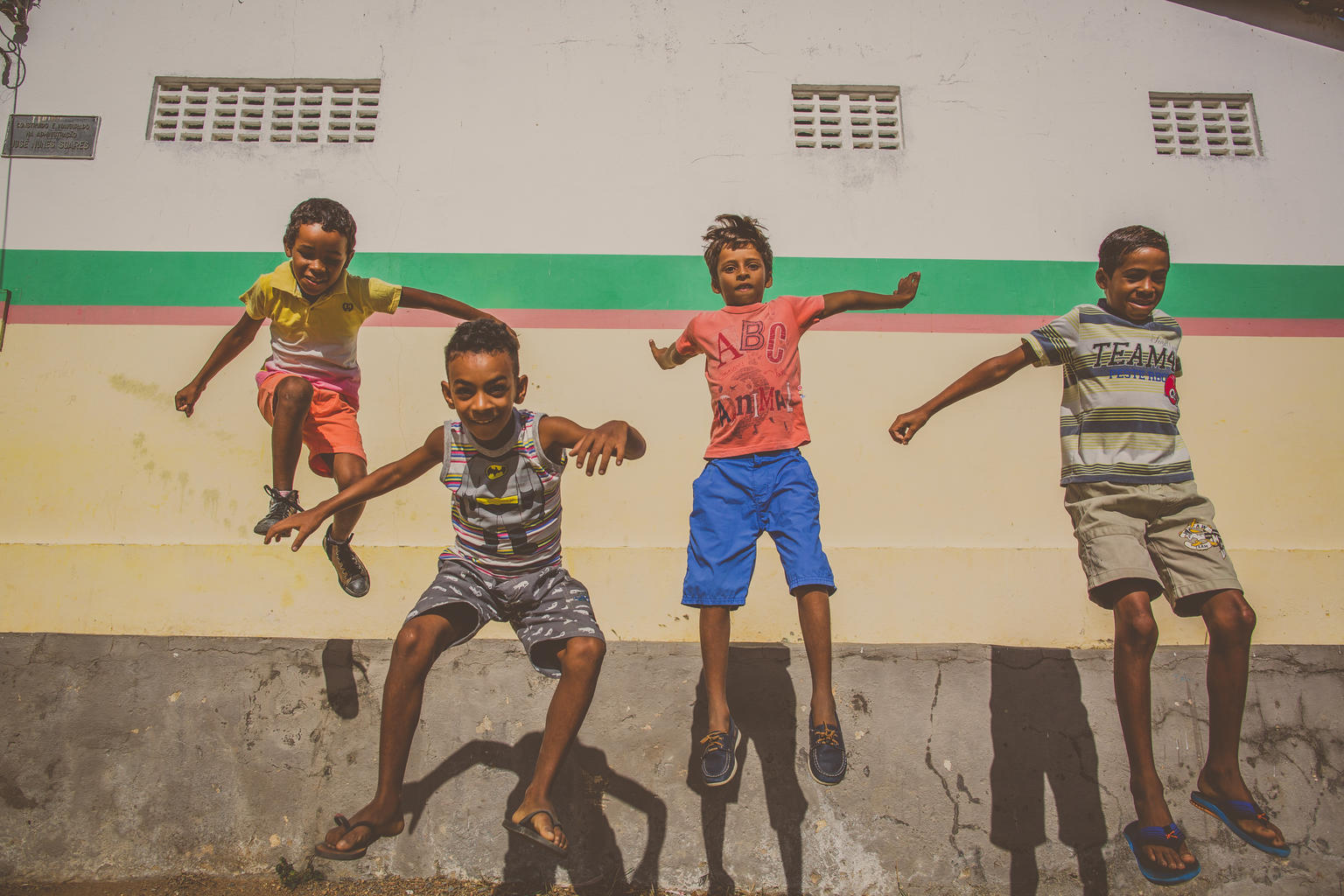This case study was originally published in the Broadband Commission Working Group on School Connectivity’s report, The Digital Transformation of Education: Connecting Schools, Empowering Learners.
Principle Addressed |
Real time monitoring of public schools’ connectivity |
Project Name |
Connected Education Internet Measurement System |
Location |
Brazil |
Date |
2017 – ongoing |
Partners |
Brazilian Network Information Centre (Nic.br)
Brazilian Ministry of Education (MEC) |
Cost
This system was funded by the Brazilian Network Information Center (NIC.br) through its Center for Studies and Research in Network Technology and Operations (Ceptro.br), in partnership with the Regional Center for Studies on the Development of the Information Society (Cetic.br). In addition, Lemann Foundation provided in-kind contribution by conducting the implementation of a pilot project and by training educators and educational managers to use the resources.
Situation/Challenge
Whilst 70 per cent of schools in Brazil have Internet access, 58 per cent are limited to speeds of 2 mbps.1 Of the 155,0262 primary and secondary schools in Brazil, 86 per cent are public schools. Of these, 29 per cent of primary schools and 61 per cent of secondary schools have Internet access available for students.3 Despite the growth in fiber optic connections, with 26 per cent of urban schools connected in that way, radio is still necessary for connection in 19 per cent of rural schools4, particularly those in the Amazon remote regions. The main obstacle to rural connectivity remains the fact that it is difficult to ensure high quality connectivity without the use of fiber, particularly as the use of satellite connectivity is still rare.
Brazil still faces challenges in implementing policies that foster the access to, and the use of, digital technologies in public schools, as well as measuring the effectiveness of these policies in the teaching and learning processes. Investing in ICT projects in education is a key strategy that has been adopted by the Brazilian Ministry of Education to face existing connectivity challenges and to bridge the digital gap regarding access to the Internet in public schools, as well as to promote the development of digital skills. However, the size of the primary and secondary school system represents a major challenge: Brazil has more than 34 million students and almost 2 million teachers.5
Aim of Project
To monitor the Internet quality at public schools to ensure that schools are receiving the recommended speed defined by PIEC6, and to provide policymakers and education actors with real time data on the quality of Internet connection offered by ISPs.
The project aims to support the universalization of high-speed Internet access and encourage the pedagogical use of digital technologies in basic education policy.
Project Details
The Connected Education Internet Measurement System was built upon the SIMET system developed by Ceptro.br, and works both as a measurement and a data collection tool. The system, also called a measurement agent, can be installed simultaneously in several computers, including those used by students for pedagogical activities. The measurement agent allows evaluation of the quality of connection by focusing on four main metrics: i) download and upload speed; ii) Round Trip Time (RTT or bidirectional latency); iii) packet loss; and iv) jitter, which is the variation of latency. The system performs automatic measurements and periodically updates a data visualization portal allowing policymakers, the educational community, researchers and society in general to access a wide range of datasets. Live data is refreshed every 30 minutes. In addition to the visualizations of monitoring data, the platform allows the georeferencing of participating schools, cross referencing information from structured administrative datasets from the INEP School Census.
Results
As of July 2020, the measurement agent had been installed in more than 22,000 public schools in 3,553 out of 5,572 municipalities, and since November 2018 there have been in the region of 8.1 million unique measurements captured.7
Data collected by the system provides a complete picture of schools’ connectivity for policymakers and educators at different administrative levels – federal, state or municipal. The data reveals existing inequalities of Internet access across and within Brazilian states.
The cross-reference of the connectivity data from the Connected Education Internet Measurement System with the data provided by the National School Census from INEP allows for further analysis on the spread of broadband. It is possible, for example, to relate the Internet quality variables to the variables of the number of students enrolled in schools, the student-computer ratio, the location of the school (rural or urban area) and jurisdiction (municipal, state or federal).
The concept of quality of Internet connection is traditionally related to the characteristics of the network, which can be summarized by speed, upload and download, and in measures of availability, such as latency and packet loss. However, it is also necessary to consider user needs and perception of quality. In this regard, future enhancements to the system could include functionalities that allow policymakers to establish relationships between connectivity data and pedagogical activities mediated by ICTs.
- CIEB.
- School Census 2019, INEP, Brazilian Ministry of Education.
- Brasil. The National Institute of Educational Studies and Research Anísio Teixeira (INEP) (2020). Censo da Educação Básica 2019: Notas Estatísticas. Brasília. (Content available only in Portuguese).
- CIEB.
- School Census 2019, INEP, Brazilian Ministry of Education.
- The National Innovation Policy Connected Education (PIEC) was launched in November 2017 by the Brazilian Ministry of Education and is aimed at fostering the pedagogical adoption of ICTs in Brazilian schools.
- Nic.br

